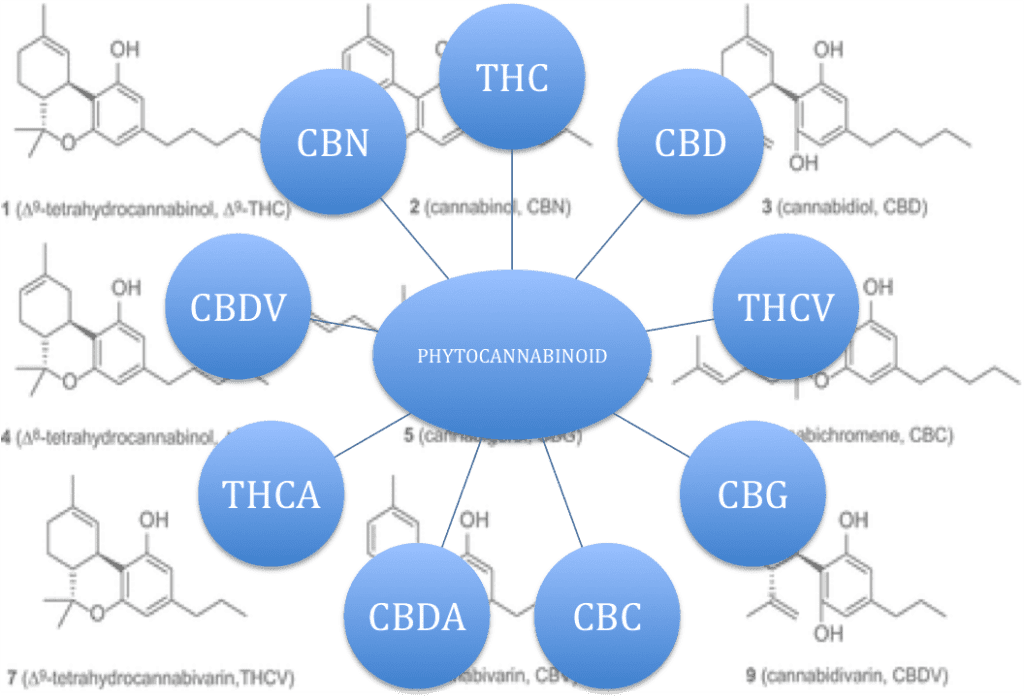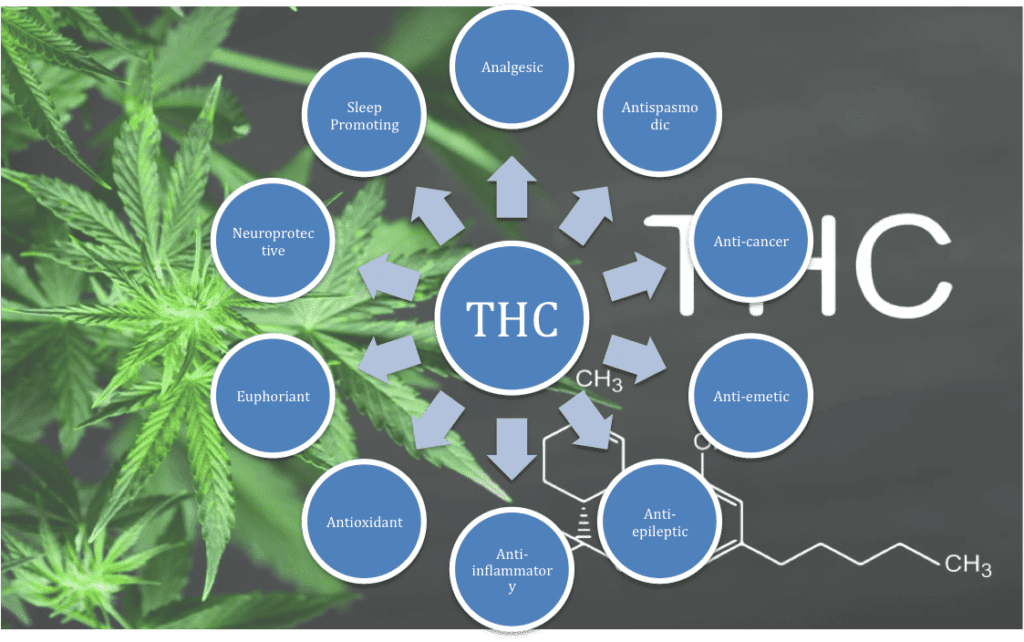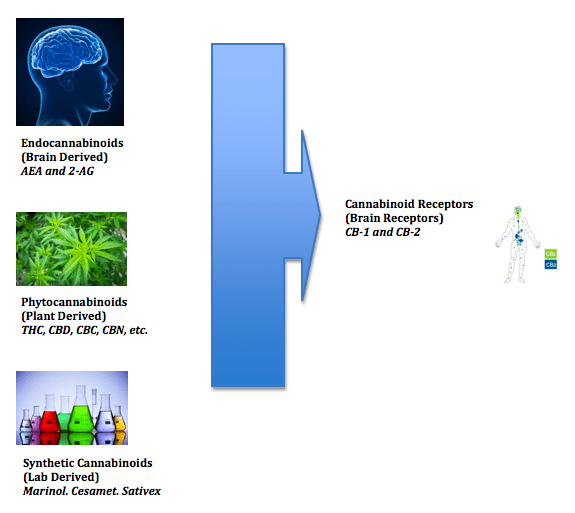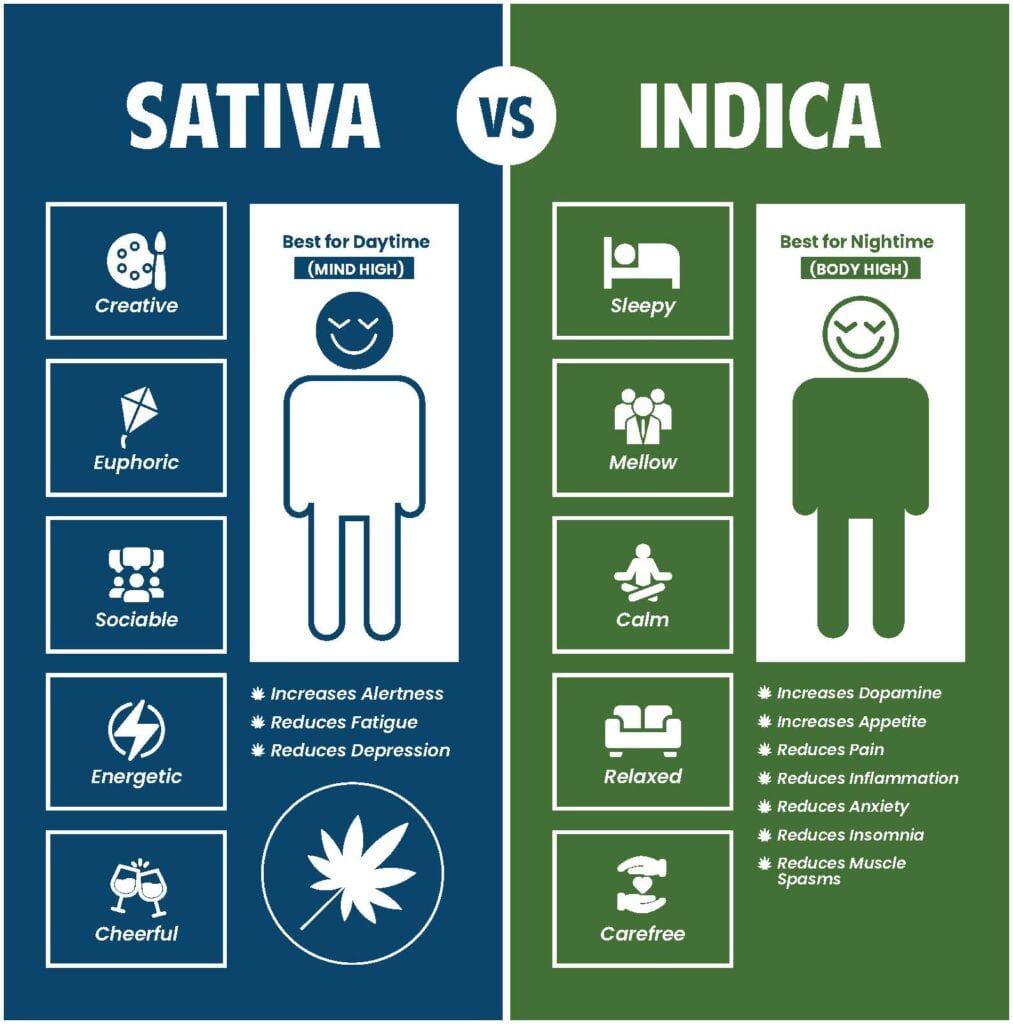ABOUT MMJ
Medical Marijuana
What is a Phytocannabinoid?
Simply put, phytocannabinoids are cannabinoids that occur naturally in the cannabis plant. They imitate endocannabinoids in our bodies and each one has unique properties and medical uses. Of the many phytocannabinoids that are produced by cannabis, some of the most significant are THC, CBD, THCV, CBG, CBC, CBDA, THCA, CBDV and CBN.

I keep hearing about CBD everywhere. What is it?
CBD or Cannabidiol is a phytocannabinoid that affects various parts of the human endocannabinoid system producing a number of different effects on one’s health. Since 2009, higher CBD varieties of MMJ have been coming to market. Many of these cannabis varieties are a combination of high-CBD and low-THC, which offer a reduction in effects that some find unpleasant of THC rich strains. Combining CBD with THC based products have numerous benefits, we just recommend always purchasing from a trusted source.
What is THC? What does it do?
THC or tetrahydrocannabinol is the most potent analgesic in medical marijuana. It is responsible for the intoxicating or euphoric effects, traditionally associated with marijuana usage. Although research has discovered a vast amount of potent healthcare benefits for THC, the combination of CBD to offset some of the psychoactive effect of THC is currently becoming more common in medical marijuana us
Who Qualifies for Medical Marijuana in Florida?
Besides common conditions such as seizure disorders, cancer and PTSD – 100’s of conditions can qualify for Medical Marijuana Usage.
Other conditions of the same kind of class may include:
- Anorexia
- Anxiety
- Arthritis
- Back Pain
- Cachexia
- Diabetes
- Hepatitis C
- Insomnia
- Irritable Bowel Syndrome
- Lyme Disease
- Migraine
- Muscle Spasms
- Muscular Dystrophy
- Other Conditions that result in traumatic stress
- Pain
- Nausea
- Sickle Cell Anemia
- Spasticity
How does Marijuana work?
In a very basic sense, when someone uses Medical Marijuana the phytocannabinoids in the plant impact the cannabinoid receptors in the brain. Activation of these receptors is what causes the different effects MMJ has on the body.

Whats The Difference Between Indica/Sativa Based Strains And CBD/THC?

